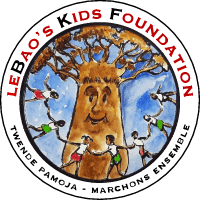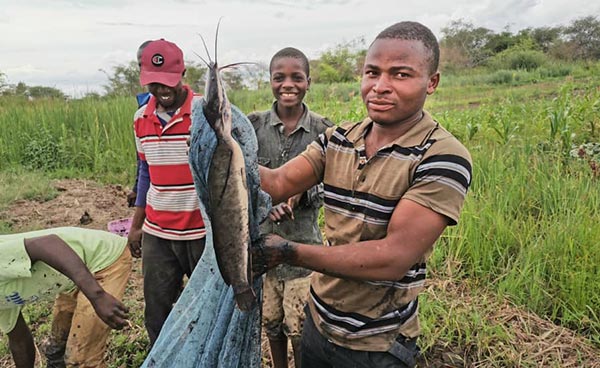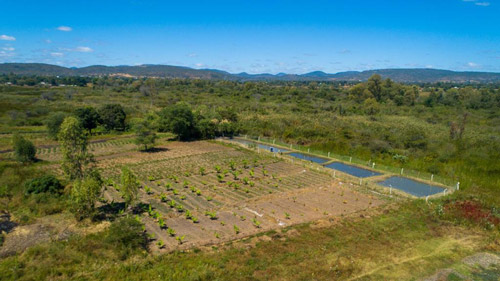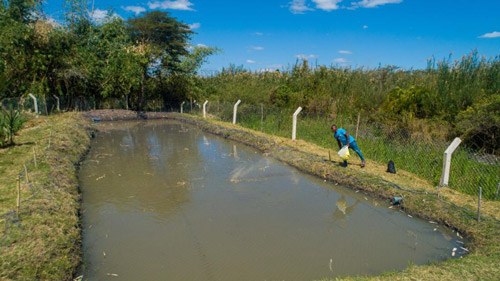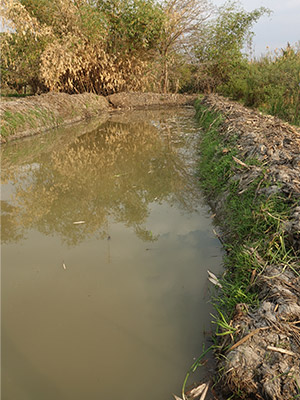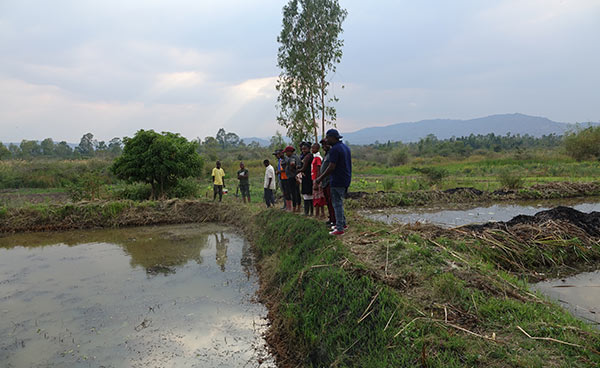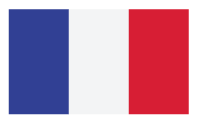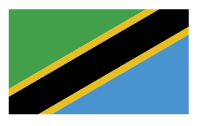Fish farming is a specialization of aquaculture, it designates the breeding of fish in natural environment or in artificial pond, intended for consumption. It includes three distinct farming sectors: salmon farming, marine fish farming and pond fish farming.
BKF has set up 4 freshwater ponds (pond fish farming) in rural areas with the size of 106.5m2 as part of an environmentally friendly approach and providing good rearing conditions for fry and fish, thus ensuring permanent vigilance of water quality (water renewal) to preserve their good growth and health.
BKF wishes to orient the development of the activity as a sustainable and reasonable aquaculture around the preservation of the environment, the well-being of the fish (quality of the water and the installations, controlled feeding), and the protection of the consumer (guarantees of freshness and traceability).


